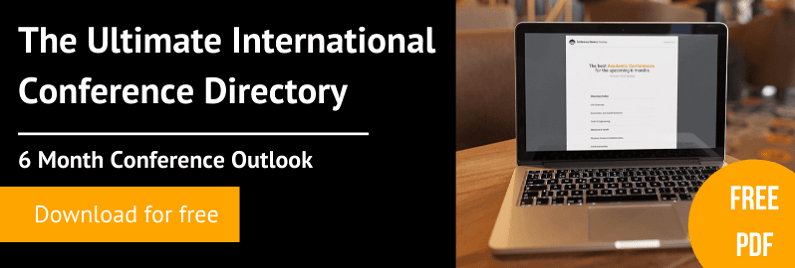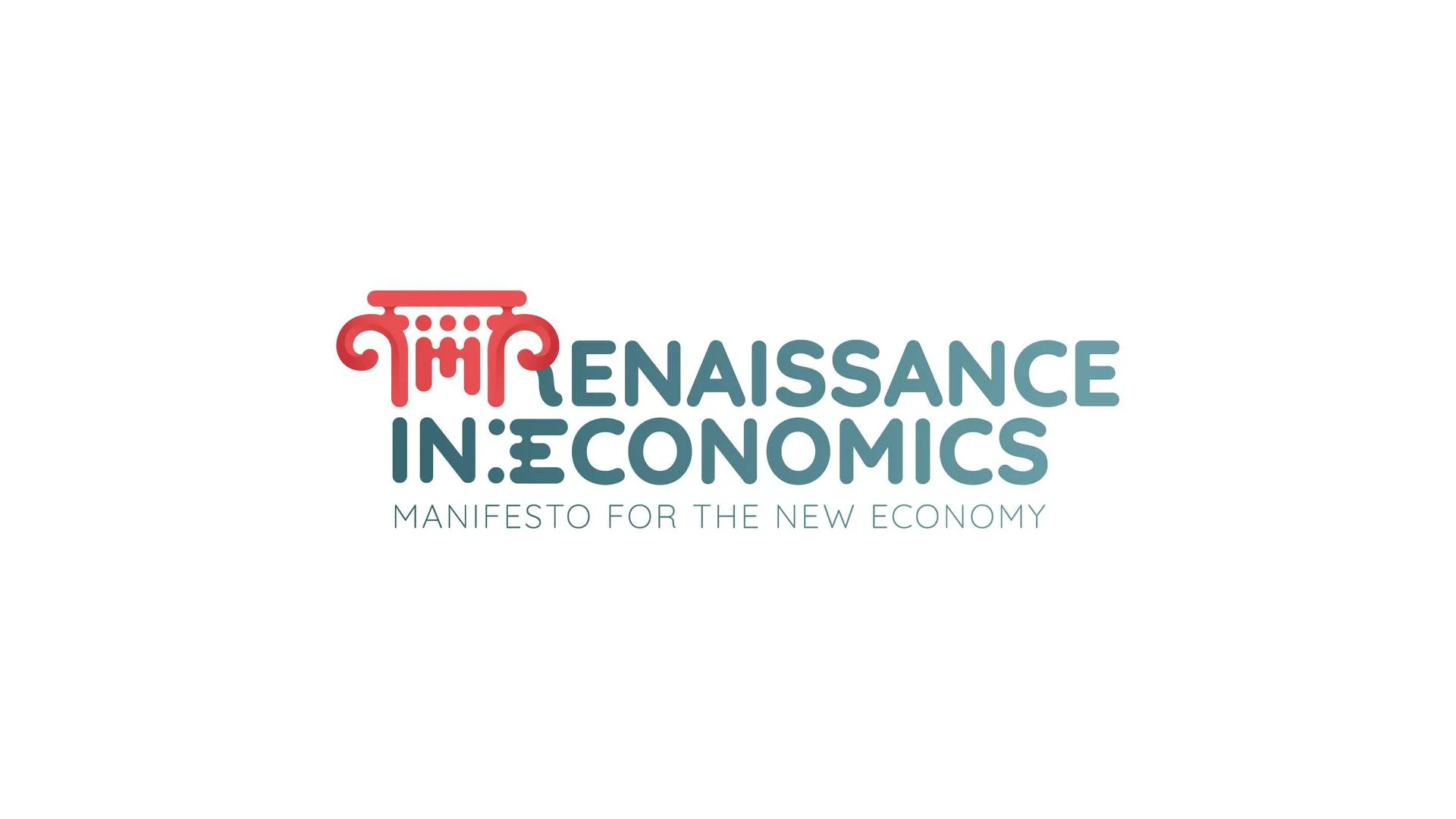
A Guide to Asking Good Questions at Conferences
Read a summary using the INOMICS AI tool
When you attend a conference, you can benefit not only from hearing about new research and networking with other academics, but also from engaging in discussion and debate with your fellow attendees. It's a rare chance to have researchers in your field from all over the world gathered in one place, so you should take up this opportunity to talk with them. One excellent way to engage in discussions is by staying for the question and answer session at the end of a talk or poster. Usually, there will be some time set aside at the end of a talk for comments from the audience. However, not all questions are good questions. If you're looking to be helpful and polite and to engage in productive conversations, then follow these guidelines when asking your questions.
Do ask questions
The first point is that you should make an effort to ask a question, especially if no one else in the audience is. It can be intimidating for an audience to be the first person to speak, so if you have a question then don't be shy about asking it. Often, once one person has asked a question then the rest of the session will flow more smoothly and naturally. The speaker will appreciate it if the audience is quiet and you make an effort to ask the first question.
Don't just comment; ask a question
A bad habit many academics have – especially senior academics – is standing up at the end of a session and talking at length. You will hear people at a conference who will make long-winded comments but never actually ask a question. This is rarely productive, as an in-depth commentary would be better saved for a written response or a private conversation. Instead of making long comments, do try to ask an actual question. Even if you simply need a point clarified, it's helpful to the speaker if you ask them something specific. Also, try not to ramble on for too long. Keep your questions short and to the point, and don't feel the need to introduce yourself or talk at length about your opinions.
Be engaged but not combative
You are obviously free to disagree with a speaker and to challenge their opinions or arguments. However, try not to be overly combative. After all, it's more productive to have a conversation where you reach consensus or understanding than it is to loudly disagree or to point out only the negatives in what someone is saying. Try to stay constructive in your questions and comments and find common ground rather than demonstrating why you think the speaker is wrong.
Ask for opinions as well as criticisms
Something that people forget is that questions don't necessarily need to be critical. If you have found the speaker to be excellent and are interested in hearing more from them, then you can ask about their plans for future research or related experiments. Also, you should feel free to ask a speaker for their opinions about a particular topic in your field. Inviting the speaker to speculate or give you their opinion can yield some very interesting discussions and help you to learn from an expert.
Present your criticisms fairly and civilly
Most importantly, your questions should be presented in a professional and polite way. You should not raise your voice more than is required to be heard, and you should never mock or belittle a speaker. In fact, if you think a speaker is not worth your time to engage with respectfully then you should opt out of asking them questions altogether. Make sure that you ask honest questions that don't attend to catch the speaker out or to prove their ignorance. If you enter into a question session with a feeling of respect and interest then you will have a much better discussion.
Download the Conference Monkey Directory - 6 Month Conference List
Top Blog Posts to Read:
What's the difference between a conference, a seminar, a workshop and a symposium?
8 Benefits of Attending Conferences
What Should Women Wear to Academic Conferences?
What Should Men Wear To Academic Conferences?
How To Improve Your Public Speaking












